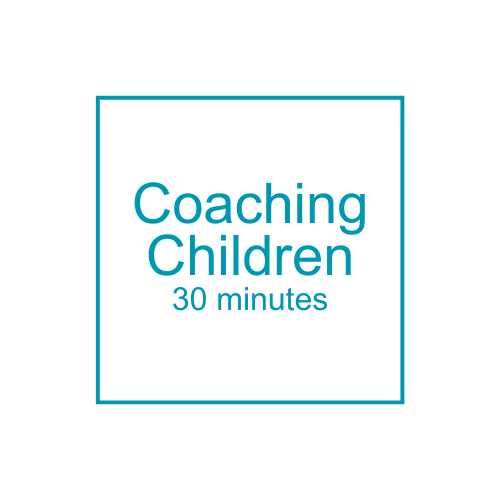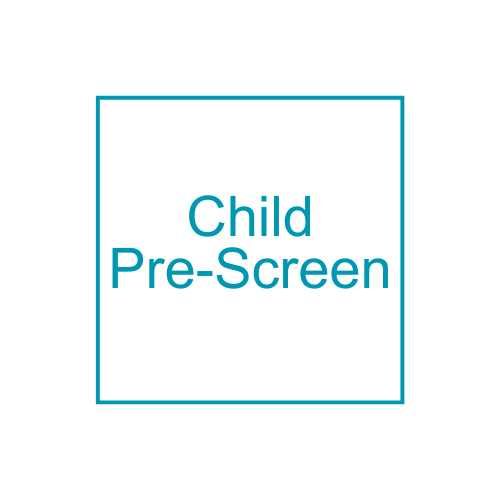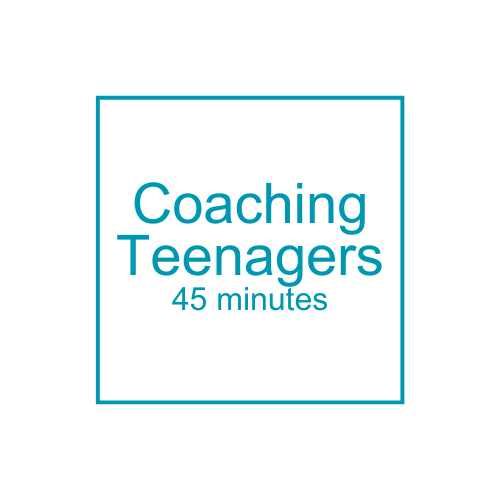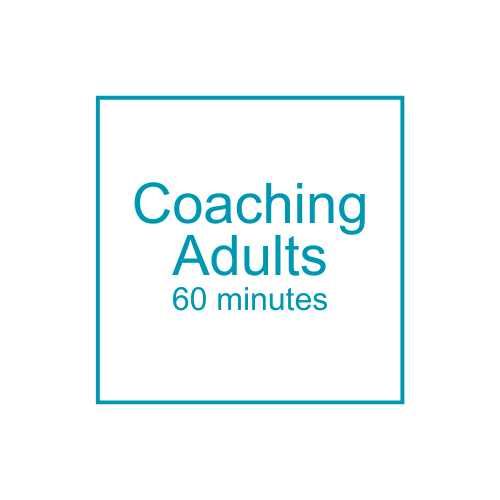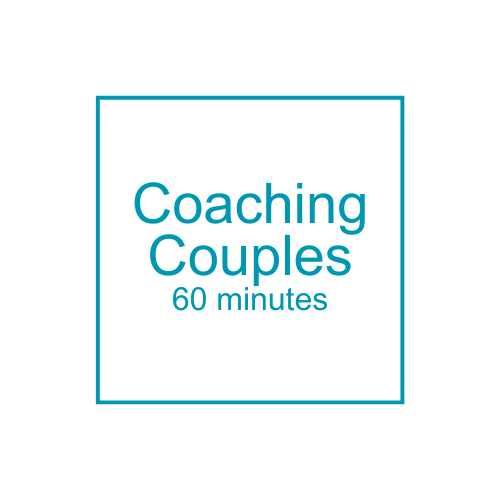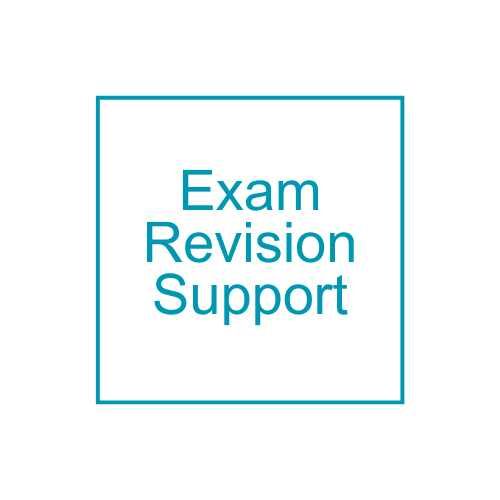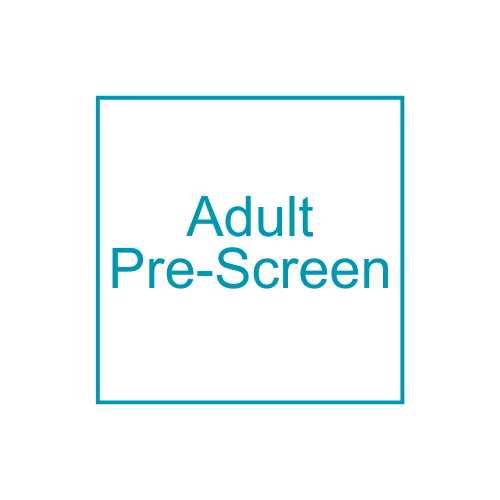Neurodiversity and our family.
How the birth of our son taught us about neurodiversity.
I had no idea what neurodiversity was until my son came along.
Looking back, I must have thought there were just personality differences, but never truly considered how differently people’s brains could work.
At school, I knew I was different. I struggled with bullying and feeling left out, and I didn't understand why things weren't as easy for me as they were for others. I didn’t get the exam results I hoped for and I vividly remember incidents like locking my English teacher in a cupboard – I’m pretty sure they still talk about that one today!
When my son, Joshua, was born, everything changed. I couldn’t believe it when I finally became pregnant after years of being told I couldn’t have children due to early menopause when I was 19. I was cautious, having had a miscarriage previously, but still, I was overjoyed. Joshua was born two weeks late, and we needed some help to bring him into the world with a little extra oxytocin.
The birth experience was just the beginning of our journey.
The first few years were a whirlwind. At just six weeks, I knew something was wrong – Joshua had a water infection that initially doctors thought could be meningitis.
From there, it was a string of medical challenges. But nothing prepared me for the shock of what would come next: after his MMR jab at 18 months, Joshua had a serious reaction that led to him fitting uncontrollably for 40 minutes. The nightmare I had never expected to live came true in front of me, and our hospital trips became frequent.
Joshua’s life, and ours as a family, was now shaped by health struggles. He had repeated seizures, couldn’t walk or speak, and his medical needs kept us in and out of Great Ormond Street Hospital. But his development – and the way I watched him struggle to fit in – was just as difficult to process.
At playgroup, Joshua couldn’t cope. He was restless, often banging his head, and I knew something deeper was at play. After a lot of research and struggles with the system, we fought for Joshua to receive an Education, Health and Care Plan (EHCP), and by four and a half years old he was diagnosed with ADHD, autism, and Landau-Kleffner Syndrome (a rare form of epilepsy).
Life was exhausting, but my husband Alex and I were determined to give Joshua the best future we could. The pressure and emotional weight of our situations like ours took its toll on many families we met along the way. Our marriage stayed strong, but sadly some other families broke under the strain.
Not long after Joshua, our daughter Madison was born. Despite the stigma we decided not to give her the MMR vaccination until she was older, and we faced significant judgment for this.
Madison eventually received her jab at age four, and I continue to wonder if Joshua’s condition might have been linked to the vaccine. It’s a thought I can’t fully prove, but it’s something that sits in the back of my mind.
Joshua’s education journey was a rocky one. He moved through five schools by age eight, as no institution seemed to meet his needs. He was academically bright but couldn’t fit into any predefined boxes. Eventually, we found a specialist school that understood him, but it came with its own set of challenges. His meds made him feel like a zombie, and we found ourselves selling our house to move closer to this school. Even then, our hope that things would improve was dashed when the headteacher left, and the new administration turned the school into a shell of what it had been.
Throughout all of this, I started realising that the traits I saw in Joshua were ones I recognised in myself. I hadn’t been diagnosed with anything when I was a child, but I had always felt the weight of being different. No wonder I was bullied, no wonder I struggled with school, no wonder I had trouble making lasting friendships. It all started to make sense.
As a family, we became advocates for each other. We began to educate ourselves on neurodiversity and fight for the rights of our children. I’m now aware of how deeply we are all impacted by neurodiversity: I’m autistic, ADHD, OCD, SPD, and PTSD. Alex is also autistic and ADHD. Joshua, my son, has ADHD, autism, Landau Kleffner Syndrome, dyspraxia, dyslexia, dyscalculia, SPD, and dysgraphia. Madison, too, is autistic.
Despite the ups and downs, and the ongoing struggles with the education system, I’m proud of how far we’ve come. Joshua’s journey with learning, and Madison’s as well, has led me to become a fighter for children’s rights. I left my career as a salon owner to study and gain a degree, hoping to make a difference in schools. I want to change the education system, make it more inclusive, and ensure every child can get the support they need.
My experiences have made me realise that the current system is outdated and flawed. I am a voice for children who don’t fit the mould. Perhaps, one day, I’ll get a chance to make real changes as an education minister! But for now, I continue fighting for the rights of neurodivergent kids, knowing first-hand how much they deserve understanding and support.
Stay Quirky , Stay Brilliant !! 🧠🌈✨
Mrs Kelly Young DipHE Social Sciences
Neurodiverse Consultant
Neurodiversity Support
Top image - Joshua and Madison a couple of years ago on the beach.
Video below - Josh talking honestly on one of my TikTok videos. This is such a wonderful thing to watch.
We need your consent to load the translations
We use a third-party service to translate the website content that may collect data about your activity. Please review the details in the privacy policy and accept the service to view the translations.

